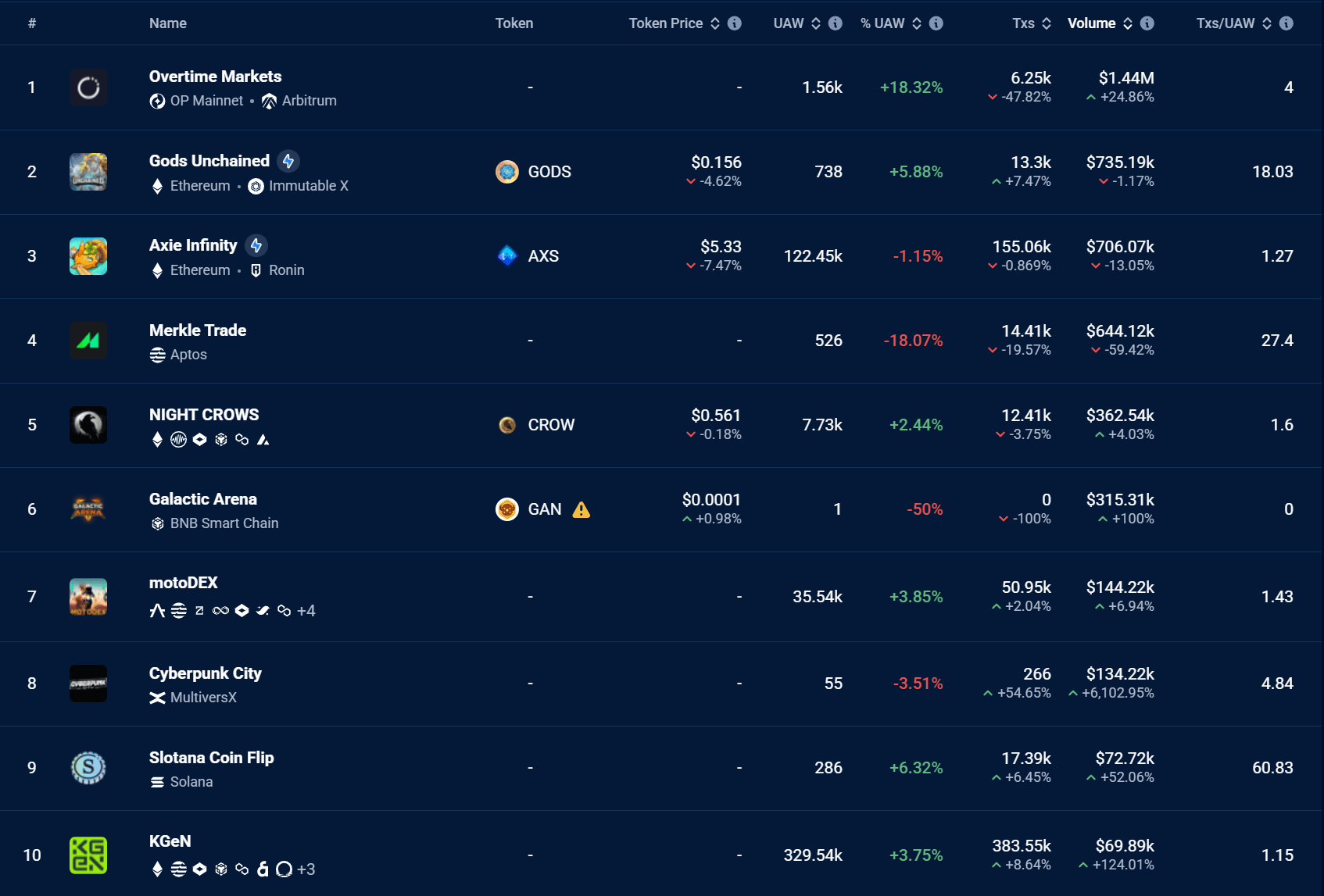AI Tokens Face Downturn Amidst Market Shifts

During the early trading hours in Asia, AI tokens have experienced a significant decline, with the CoinGecko category dropping by 9%. This downturn has resulted in steeper losses compared to the CoinDesk 20 crypto index, which is down by 5%. Investors in the cryptocurrency market, much like their counterparts in traditional finance, are likely contemplating the implications of a newly released AI model called DeepSeek, which is poised to shake up the industry.
According to data shared on Hugging Face, a prominent platform in the AI community, DeepSeek’s model has demonstrated superior performance compared to OpenAI’s offerings. Remarkably, DeepSeek was developed with a budget of just $6 million and utilizes a fraction of the Graphics Processing Units (GPUs) that OpenAI employs, which recently raised $6.6 billion, valuing the company at over $157 billion. A particularly alarming revelation for GPU advocates is that a version of DeepSeek can be run on a standard smartphone, showcasing its efficiency and accessibility.
Some of the hardest-hit AI tokens belong to projects heavily reliant on GPUs. For instance, the small-cap project Nodes.AI, which provides GPU access, has seen its value plummet by nearly 20%, as per CoinGecko data. In contrast, Aeither, which offers similar services but holds a much higher market capitalization, has only experienced a 6% decline, slightly above the benchmark set by the CoinDesk 20 index.
Lessons from the Crypto Gaming Sector
The emergence of DeepSeek presents a challenging week ahead for tech giants like OpenAI and Nvidia, but it also serves as a crucial lesson for cryptocurrency projects—one that may resonate with those familiar with the crypto industry’s previous attempts at breaking into gaming. Despite the significant capital available to crypto AI initiatives, they have yet to produce anything as groundbreaking or captivating as DeepSeek.
Current estimates from CoinGecko place the value of the crypto gaming sector, often referred to as GameFi, at around $19 billion. If leading projects in this space, such as Sandbox, GALA, or Decentraland, were positioned among the top 30 gaming companies by market capitalization, they would rank alongside well-known names responsible for popular franchises. However, these crypto projects have not achieved the same level of success as their traditional gaming counterparts.
Data from DappRadar reveals that blockchain gaming saw its lowest investment levels since 2020, with just $1.8 billion poured into blockchain gaming and metaverse projects last year—a 38% drop from 2023. While the number of daily unique active wallets in blockchain gaming surged by an impressive 421% last year, the sector’s market dominance fluctuated between 26-29%, with decentralized finance (DeFi) often taking the lead. Notably, the number of players in blockchain games remains lower than those of many titles available on Steam. Moreover, some older and less popular games on Steam, produced by companies with market capitalizations far smaller than those of GameFi giants, boast larger player bases.
Throughout the years, numerous crypto games have struggled to establish a sustainable user base. Thus, it can be asserted that the cryptocurrency sector faces formidable challenges when attempting to develop use cases that extend beyond the realm of finance.







